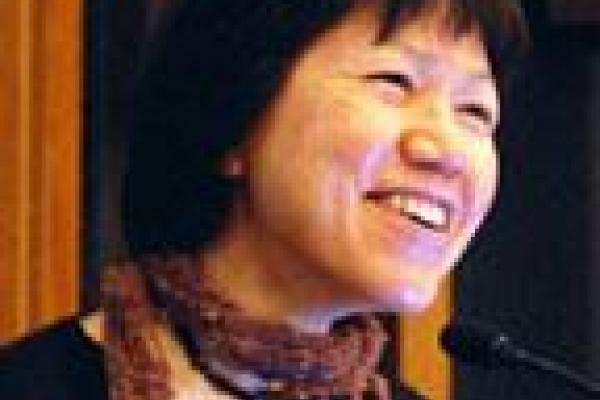
Linking the hazards facing the humanities to the hazards facing the planet earth, this talk argues for a ‘weak environmentalism’ in the works of nineteenth- and twentieth-century authors. Reading Elizabeth Bishop's ‘The Sandpiper’ along with William Blake's ‘Auguries of Innocence,’ Professor Dimock will make a case for the continuing resonance of two poems that, written before climate change was an available term, nonetheless speak to our shared vulnerabilities -- of humans and nonhumans -- in a way newly meaningful in the climate-endangered twenty-first century.
